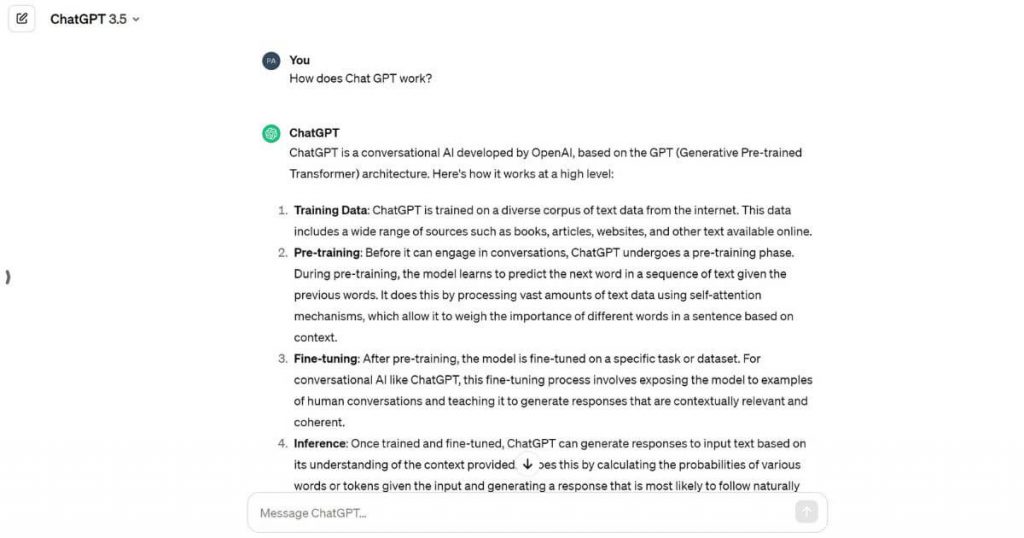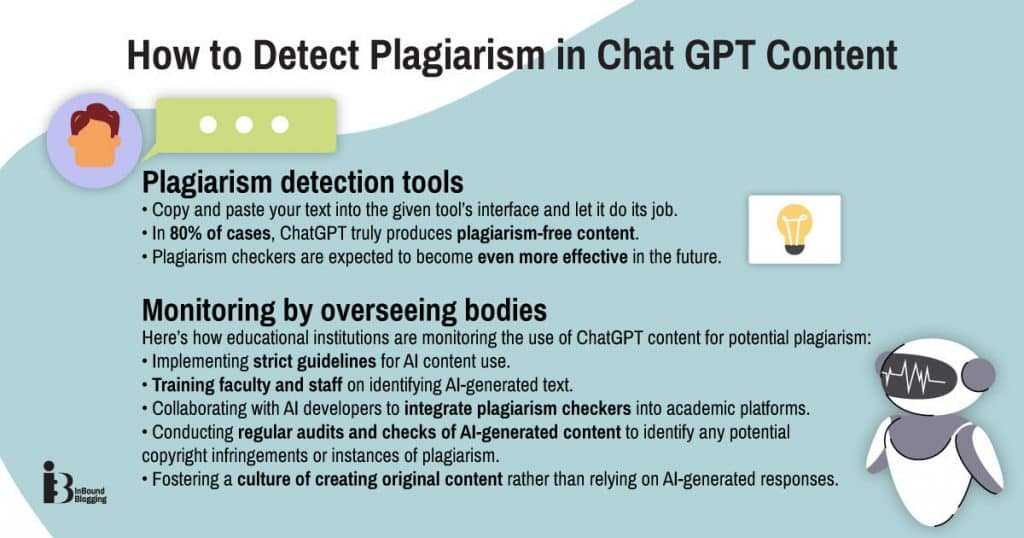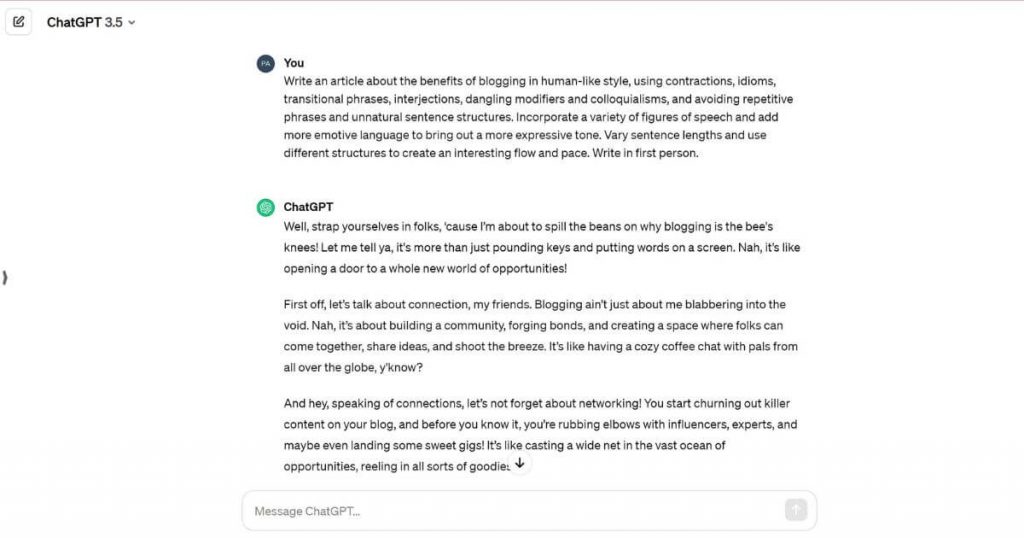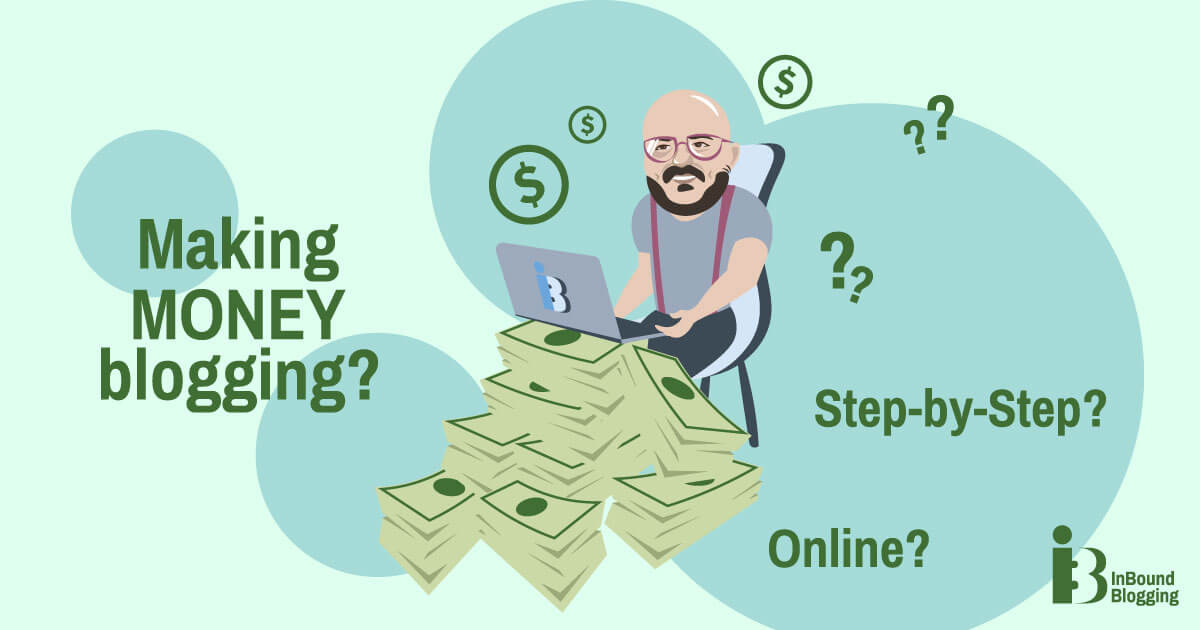Have you ever wondered if ChatGPT may inadvertently lead you into the realm of plagiarism? I understand the curiosity, and it turns out many students share it. With a whopping 89% turning to artificial intelligence (AI) tools like ChatGPT for homework help, it’s a good idea to cover all your bases and know whether the AI tool you’re using plagiarizes or not.
So, does Chat GPT plagiarize? Join me on this exploration of the nuanced relationship between artificial intelligence and creative authenticity!
Does ChatGPT Plagiarize? [Key Takeaways]
- ChatGPT, an AI chatbot, doesn’t intentionally plagiarize but may inadvertently produce content similar to existing text due to its vast knowledge base.
- Reliable plagiarism tools, such as Turnitin and Winston AI, can help you identify potential plagiarism in AI-generated content.
- Universities are implementing strategies and technologies to monitor and prevent plagiarism, specifically the misuse of ChatGPT.
- Content creators can avoid ChatGPT plagiarism by providing clear directions, using diverse input sources, reviewing and editing the generated content, implementing proper citations, regularly updating training data for ChatGPT by providing it with updated information and feedback during the chat session, and staying informed about ethical considerations.
Chat GPT and Plagiarism
ChatGPT is an AI chatbot that generates plagiarism-free content, but concerns have been raised about the potential for plagiarism and other nefarious applications. OpenAI, the company behind it, claims ChatGPT doesn’t intentionally plagiarize, but its vast erudition may lead to similar phrases inadvertently, posing a challenge for bloggers and content creators.
Read on to learn more about this underlying issue.
What is plagiarism?
Plagiarism refers to the act of copying or using someone else’s work or ideas without proper attribution or permission. It’s unfair to the original creator, as intellectual property rights apply to words, too. Copying without crediting infringes on these rights, emphasizing the importance of creativity, honesty, and integrity.
Plagiarism isn’t confined to word-for-word copying. It includes borrowing ideas without proper attribution, whether in research papers, blog posts, or social media copy.
How does Chat GPT work?

Chat GPT is a large language model (LLM) well-versed in human language, having learned from a host of online sources. This AI tool employs machine learning (ML) and natural language processing (NLP) to produce original text based on its training data, user preferences, and the specific context of the conversation with the user. ChatGPT can also be used as a research tool for various purposes.
Is Chat GPT plagiarism free?
Yes, ChatGPT provides its users with unique and authentic texts. However, this AI content generator cannot independently verify the accuracy or originality of the information it provides. It’s always a good practice to fact-check and verify any information generated by AI models like ChatGPT yourself.
Does Chat GPT plagiarize content?
The short answer is no; ChatGPT does not plagiarize. ChatGPT can create content based on the user’s query and the conversation taking place. This smart assistant is trained on a large corpus of text from various sources, but it does not copy or reproduce anything. Sometimes, the output might contain words or phrases that are similar to existing content, but this is not plagiarism.
How to Detect Plagiarism in Chat GPT Content

In the event of any concerns about inadvertently borrowing words from other sources without proper attribution, potential plagiarism in ChatGPT content can be detected using advanced plagiarism detectors and monitoring by overseeing bodies.
Plagiarism detection tools
To check if ChatGPT plagiarized content or if its output closely resembles someone else’s words, I use plagiarism detectors. It’s easy: I copy and paste my text into the given tool’s interface and let it do its job. In 80% of cases, ChatGPT truly produces plagiarism-free content.
As AI technology advances, plagiarism checkers are expected to become even more effective at identifying potentially plagiarized content created by AI chatbots like ChatGPT.
Monitoring by overseeing bodies
Universities and other educational institutions are implementing new strategies to monitor the use of ChatGPT-generated content for potential plagiarism. Here are several examples:
- Implementing strict guidelines and protocols for AI content use, ensuring proper citation, and adhering to copyright laws.
- Training faculty and staff on identifying AI-generated text by just looking at it and detecting plagiarism through critical thinking and problem-solving skills.
- Collaborating with AI developers to integrate plagiarism checkers, specifically designed for Chat GPT into their academic platforms.
- Conducting regular audits and checks of AI-generated content to identify any potential copyright infringements or instances of plagiarism.
- Supporting content creators to develop their knowledge base, fostering a culture of creating original content rather than relying on AI-generated responses.
Turnitin, one of the best plagiarism checkers, has updated its features to detect AI-generated content, aiming to uphold academic integrity and combat unethical practices in content creation. These efforts underscore the growing importance of overseeing bodies in addressing the challenges that come with AI writing tools.
Strategies to Prevent Possible ChatGPT Plagiarism
Now that it’s clear that ChatGPT produces original responses that still may be flagged by plagiarism checkers, it’s worth knowing how to prevent such unpleasant situations.
Here is my advice on how to avoid any form of plagiarism when using ChatGPT or using AI tools in general:
Provide clear outlines and ChatGPT prompts for content generation
The more specific and detailed you are in your prompts, the better the output is. Otherwise, you risk ending up with content that sounds too generic and doesn’t add any uniqueness to your piece. What is more, the lack of clarity might somehow mislead the chatbot to produce a text that doesn’t correspond to your objectives.
Here’s a funny experiment I did with a long and descriptive ChatGPT prompt:

“One key thing I do to maintain authenticity is give ChatGPT information that I know best. Product/service understanding, purpose, tone/voice, my client’s expectations, my target audience’s needs, and the conversion goal behind a particular piece of content are crucial. Furthermore, I equip ChatGPT with some real-life stories, anecdotes, insights from industry leaders, and statistics (nothing beats solid research).” — Aashna Ramchandani, Content Manager, Jumpfactor Marketing
Use diverse input sources
When writing, you normally don’t rely on one or two websites, do you? Looking for more reliable and diverse information helps you create fresh and interesting content. You can also learn from different points of view and ideas to make your texts better.
In the same way, you should expose ChatGPT to various perspectives and writing styles. Provoke it to “think” outside the box as much as possible.
“Stimulate ChatGPT’s creativity by presenting questions requiring distinctive and individualized responses. This decreases the likelihood of producing responses that closely resemble preexisting content.” — James Smith, Founder, Travel-Lingual
Review and edit the ChatGPT content
Confirm originality by fact-checking the data yourself and refining the language and structure of the ChatGPT-generated output.
“ChatGPT can sometimes “hallucinate” real-sounding facts and data that are, in fact, made up by the program. Thus, it is essential to use its responses as a foundation to build off of, but not as the final product. In situations where ChatGPT-generated content inadvertently resembles existing text, address the issue by editing the text to sound more original and properly citing sources.” — Jasper Stoddard, Marketing Coordinator, Achievable
Include proper citations
That’s a must, no matter how you create your content. Make referencing specific information or ideas a mandatory part of your creation process. One way to demonstrate that your work is original, which sets it apart from others, is to acknowledge the contributions of ChatGPT.
“Choose a consistent, appropriate citation style and properly attribute any sources. Use reliable plagiarism detection software, but don’t depend on it entirely. It’s best practice to form a habit of checking for plagiarism yourself, as no technology is infallible. A combination of techniques works best.” — Martin Gasparian, Attorney and Owner, Maison Law
Regularly update training data
Updating ChatGPT’s training data is mainly the developers’ responsibility. However, you should know that the AI learns through interactions with users, too. So, keep ChatGPT current with recent developments and knowledge as well as provide it with feedback to ensure factual responses.
Use ChatGPT ethically
Engage in ongoing learning to stay updated on AI-generated content creation best practices and ethical considerations. That means following the latest news from authoritative sources, such as OpenAI and industry associations, joining relevant social media groups and forums, and checking out some courses and tutorials. That way, you can use AI smartly and safely.
Final Thoughts
In conclusion, ChatGPT is designed to provide authentic output, but concerns about potential misuse persist. Effective oversight and strategies are essential to ensuring academic integrity in content creation.
FAQ
What is ChatGPT?
ChatGPT is an AI-powered tool developed by OpenAI. It can answer questions in a human-like manner and generate new textual content, including, but not limited to, articles, songs, poems, and even code.
Does ChatGPT plagiarize code?
ChatGPT does not generate code by copying it from existing sources and then simply pasting it. The code it produces is a new creation based on its understanding of programming principles and syntax.
Does ChatGPT plagiarize essays?
No, ChatGPT does not plagiarize essays. The content it generates is based on patterns and data it has been trained on, but it does not directly copy or reproduce content from specific sources. However, keep in mind that ChatGPT is not designed to write your essays or do your school work instead of you. It could be a helpful tool for ideation and research but is not a replacement for your own thoughts and knowledge.
How do we know if something created by ChatGPT is not plagiarized?
To allay AI plagiarism concerns, consider paraphrasing, conducting independent research, and editing the generated content for a more personalized touch. Responsibility for ensuring authenticity rests with the user, who should adhere to ethical standards and cite sources appropriately. Various plagiarism checkers, like Turnitin, can be employed to scrutinize the content generated by ChatGPT for any instances of plagiarism.



